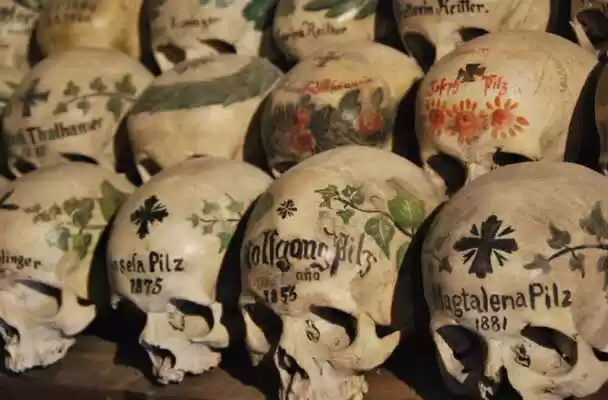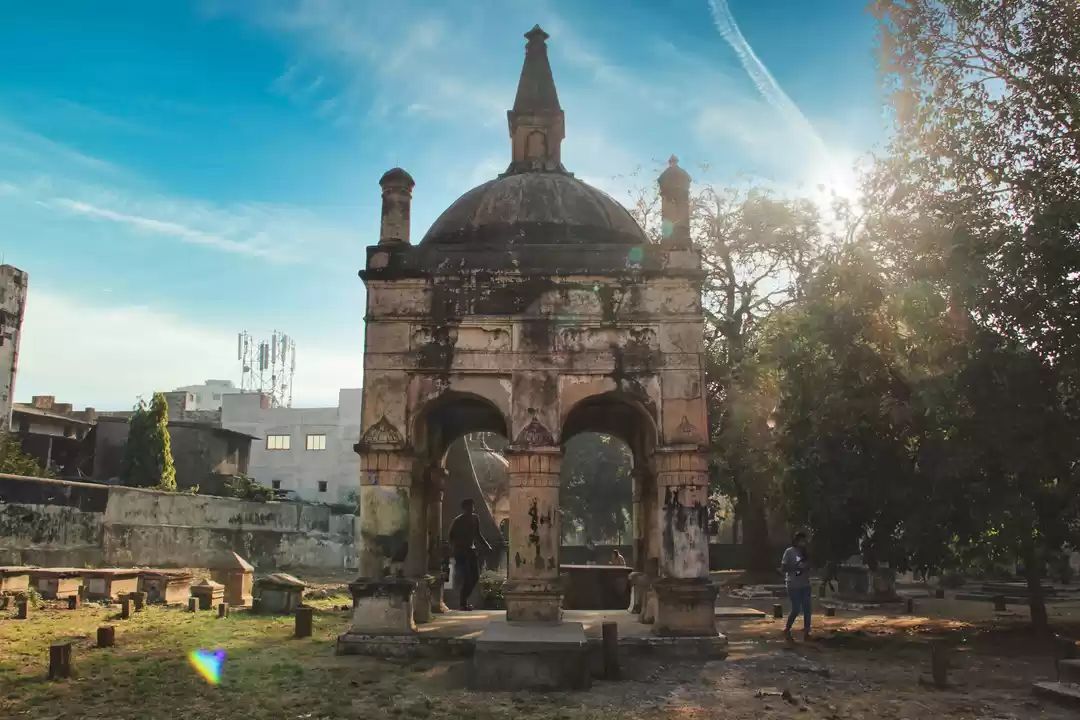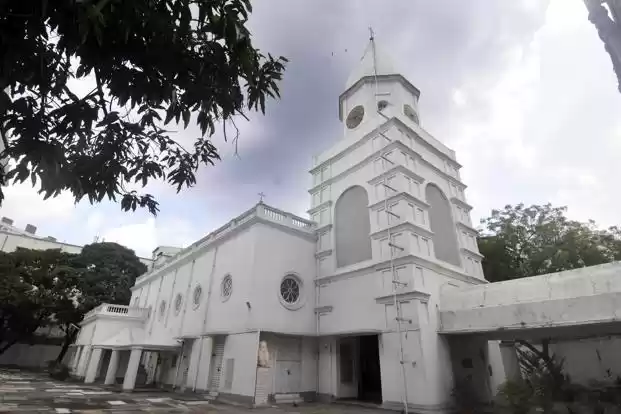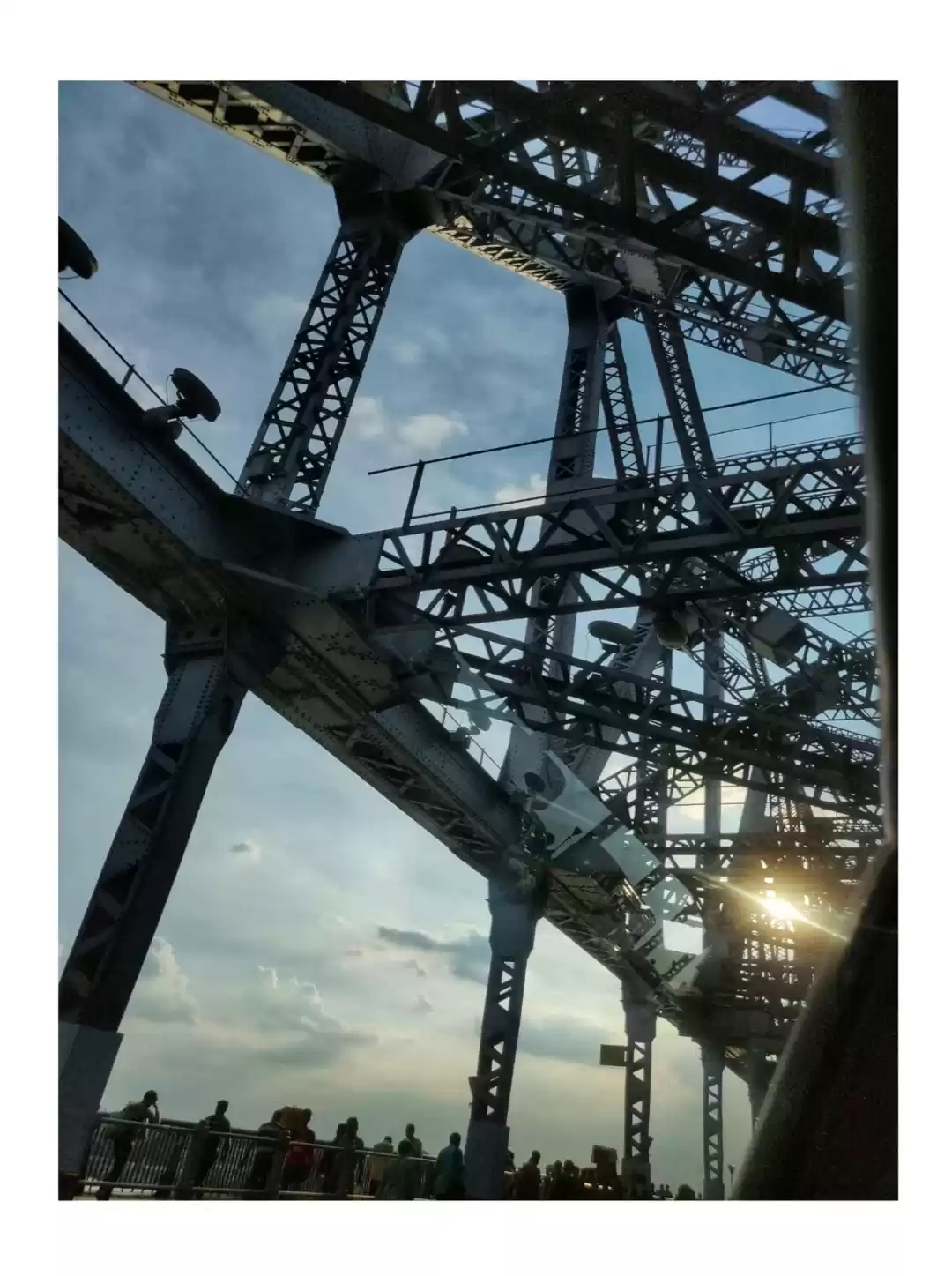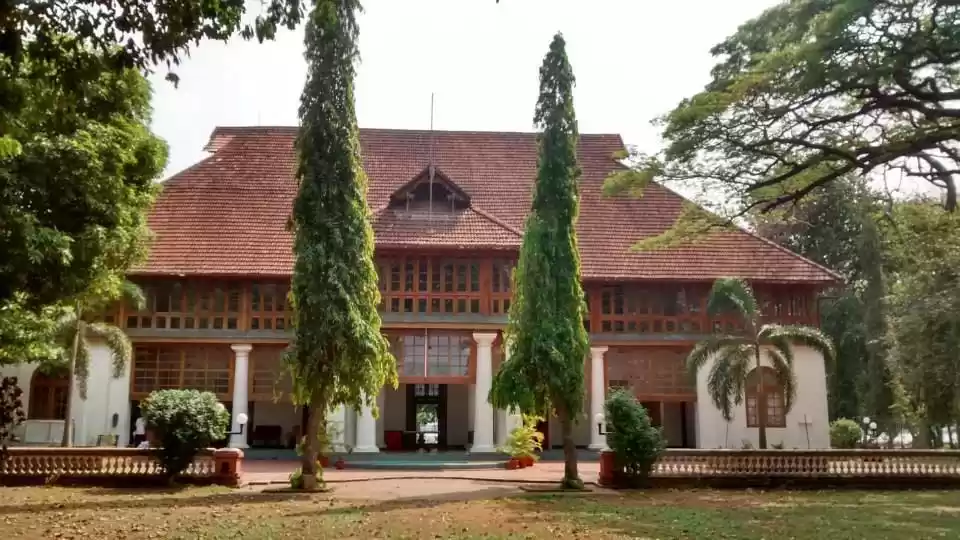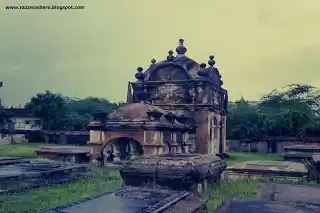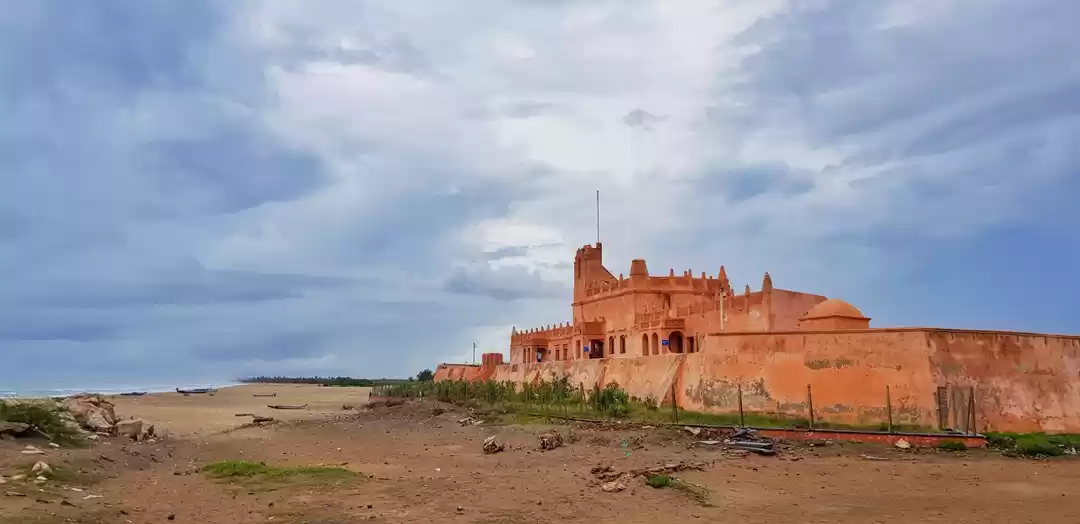They came, they saw, they conquered!
And they left, left behind them their graves that evince legacies of historical metamorphoses.
India was under colonial rule for a long, long time, and had been home to foreign migrants from around the world. Their tombstones, epitaphs and graves, big and small here, have a story of a historic past, of war and losses, of pride and power – footprints of foreign presence in India that are tell-tale reminders of lost lives.
For those who want something out of the ordinary, here's a list of such colonial graveyards, some of which make it to India's most haunted places. Take your sweetheart out on a date to one of these hauntingly beautiful places for a fun-filled spooky experience!
Established in 1767, South Park Street Cemetery is Kolkata's oldest burial ground and one of the earliest non-church cemeteries in the world. Some of the notable British officers, poets, teachers and diplomats rest here. It accommodates exemplary Gothic and Indo-Saracenic graves, that make it an architectural beauty and a photographer's delight. Visit here to observe hauntingly beautiful memoirs, epitaphs, imposing graves and spooky experiences.
Owned by: Archaeological Survey of India
Quirky quotient: Home to more than 1600 tombs, it is is considered one of the most haunted cemeteries in India. Many have experienced extreme dizziness, weird images and a general eerie feeling after visiting this cemetery. Would you dare visit?
At a height of 5800 feet above sea level, sits an architectural marvel built in 1852 AD. It is next to the Anglican Church of St. John in the wilderness and is the burial ground of British lives lost in an earthquake in Mcleod Ganj. The church is built in Gothic style with Belgian stained-glass windows, and is a definite masterpiece.
Owned by: Church of North India
Quirky Quotient: Famous British Viceroy Lord Elgin who died in 1863, rests here. Surrounded by tall pine and coniferous trees this cemetery is known for its tranquil beauty, Gothic feel and the horses that come to graze here every morning.
The Portuguese rule in Kochi was followed by that of the Dutch for 110 years from 1663 to 1773. Thus, this cemetery became home to Dutch and English businessmen, traders, governors and soldiers who lost their lives while attempting to extend their territory.
Built in arresting Dutch architectural style, this ancient cemetery has granite and red laterite tombs, with epitaphs engraved in Dutch and is infested with beautiful orange flowers and weed. It mostly remains closed, but is opened on request of visitors.
Owned by: Church of South India
Quirky quotient: This cemetery was consecrated in 1724, and is India's oldest Christian cemetery. 1913 was the year when the last burial here took place of a certain Captain Joseph Ethelbert Winckler.
Consecrated in 1808, the Lothian cemetery is Delhi's oldest Christian burial ground. It cradles the remains of European soldiers who lost their lives during the Revolt of 1857. It is the resting place of the staff of East India Company, British women and children who fell prey to the cholera epidemic.
Owned by: Archaeological Survey of India
Quirky quotient: Myths say that the British dug open the older graves to claim the burial grounds as their own, this left the spirits of the people already buried, infuriated. Even though their bodies were dug out, their spirits never left the place. So now the old ghosts and the newer ones have fights every night for claims over the graveyard. We come across high voltage property feuds every now and then, but this one surely takes the cake.
Present day Kolkata, was British India's administrative capital – Calcutta, home to the headquarters of East India Company. Besides the British, the growing jute and tea industry invited many Scots to India, and with time their prominence grew manifold in EIC. This Scottish cemetery was, thus, consecrated in 1820 AD as a burial ground for the Scots. It shelters more than 2000 Scottish lives lost in the 19th century. The tombstones are made of Scottish sandstone and granite, bearing Scottish inscriptions, and are now mostly covered with weed and wild Indian flora.
Owned by: Scottish Church of Kolkata
Quirky quotient: More than 1600 Scottish tombstones were actually made in and transported from Scotland in the 1800s, giving the graveyard a strong and compelling Scottish character.
The fascinating cold beauty of this cemetery is in stark contrast with the busy world of Bengaluru outside its walls. Ornamented with motifs of angels, gargoyles and crosses, this forlorn yet striking architectural piece was built in early 1800s, as a burial ground for British officers and their families.
Owned by: British High Commission
Quirky Quotient: German horticulturist Gustav Hermann Krumbiegel, who is credited with the city’s green cover, rests here. He transplanted many foreign species in Bangalore, making it the garden city that it is. His grave was discovered here, only in 2007, more than 50 years after he died.
Baha'i Gulistan & Armenian Cemetery
Etched with floral motifs and canopied by trees and flowers, are the graves where the Persian souls rest. The Baha'i faith finds its roots in India as far back as the early 1800s.
And even before the Baha'i community, Armenians arrived in Bombay in the 16th and 17th century from the Armenian Highland. These people from Tehran, Constantinople and Armenia, settled in Bombay and Calcutta majorly and had strong trade relations in India.
Managed by: Baha'i Community of Mumbai
Quirky quotient: The Armenian community now has almost disappeared from Mumbai, there are a few living in Kolkata though. Thus, people from the Baha'i faith now use the adjoining Armenian graveyard as their burial ground too. The Baha'i people celebrate death, and thus, their graves are ornamented with flowers and golden engravings, making it a Gulistan. The Armenian graves are etched with beautiful Armenian epitaphs and eulogies.
You'd be surprised to know how many communities from around the world made Bombay their home and also breathed their last there. Present day Bombay has sheltered Baha'i, Armenian, Japanese, Chinese and even Jews from all over the world.
The Jewish Cemetery
Jews have been a religious minority in India since time immemorial, as they were one of the first foreign religions to settle in India. They migrated from the Konkan coast to cities like Mumbai, Chennai and Kolkata. Their graveyard dates back to early 1900s, and is a sight to behold even in the present day.
Managed by: Jewish Community in Mumbai
Quirky Quotient: Popular Bollywood choreographers, architects, poets, historians and also the first umpire of a test match between India and England at Brabourne Stadium, Judah Reuben rest here.
Have you been to any such creepy but interesting places? Share your travel stories here.
For the coolest travel videos, check out our YouTube channel.

















